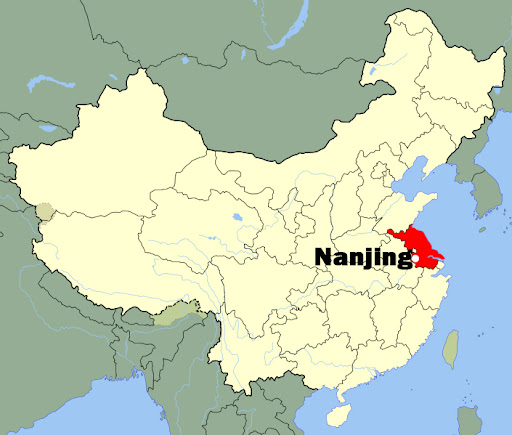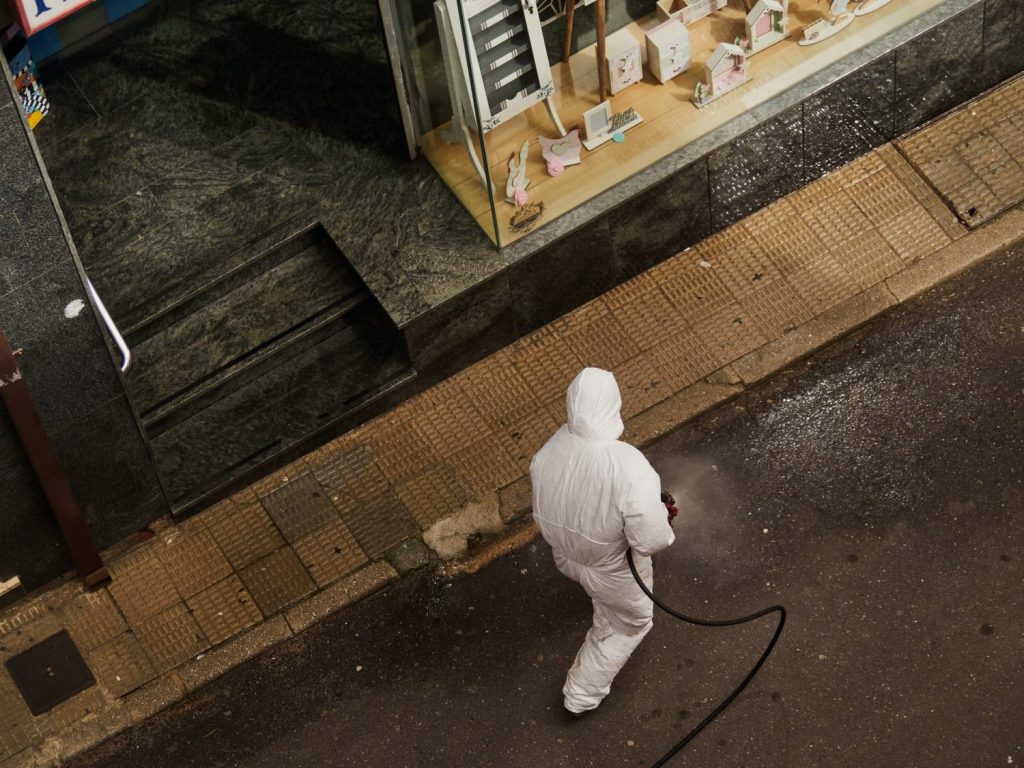The virus outbreak that was first discovered in Nanjiang Province, China, has reportedly spread to five other provinces as well as Beijing. It is called the most extensive contagion after Wuhan by the state media.
Since the virus was first discovered on July 20 at the city’s busy airport, it has been reported that nearly 200 people have been infected.
According to local media, all flights from Nanjing will be suspended until August 11.

The authorities started city-wide testing after criticism for their failure keeps pouring in.
All 9.3 million residents of the city will be tested, including visitors, will also be tested, says state-controlled Xinhua news.
People are seen queuing in long lines based on uploads on social media. The government urges them to continue wearing masks, maintaining a distance of 1 meter from each other, and avoiding talking while waiting.
The highly contagious Delta variant of the virus causes this infection and spread even further because of how bust the airport is.
According to a health official in Nanjiang, Dang Jie, the cases related to the cleaners working on the Russian flight that arrived in the city on July 10. The cleaners did not follow strict hygiene measures.
The Communist Party’s senior disciplinary body rebuked the airport management, saying that there was a lack of supervision and unprofessional management.
Based on the test results, it was found that this virus has spread to 13 cities, including Chengdu and the capital city of Beijing.
However, experts told the Global Times that the virus is still in its early stages and can still be controlled.
Local officials in Nanjiang said that seven people who were infected were in critical condition.
This spike in cases made Chinese social media wonder if the Chinese vaccine could work against this new variant. However, it is not known whether those infected have been vaccinated or not.

Several Southeast Asian countries that previously relied on the Chinese vaccine have now announced switching to other jabs.
China controls the spread of this virus by closing borders and moving quickly to eradicate the local outbreaks.
